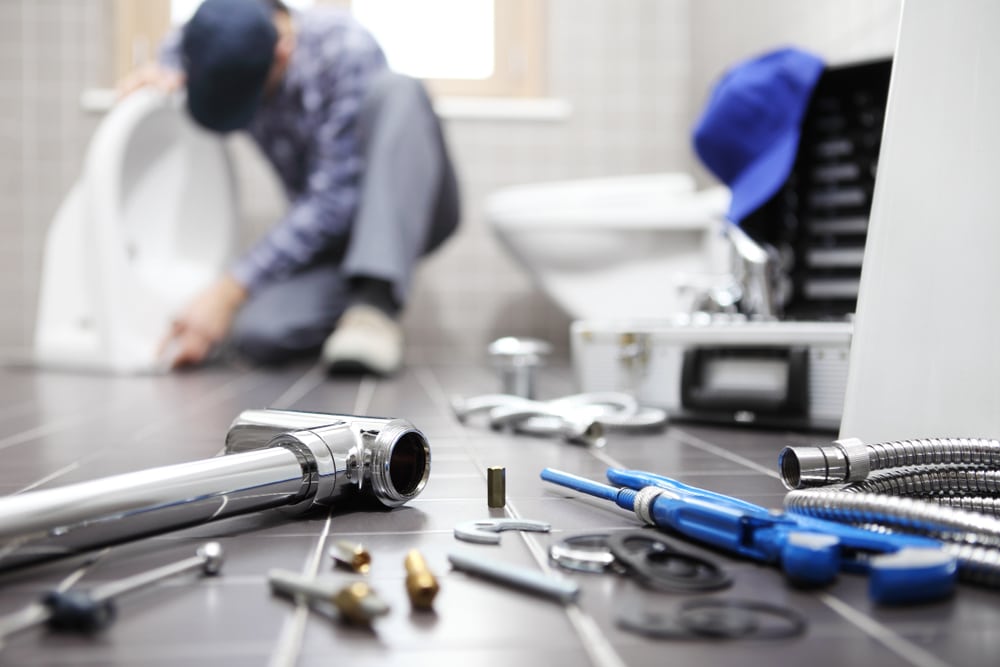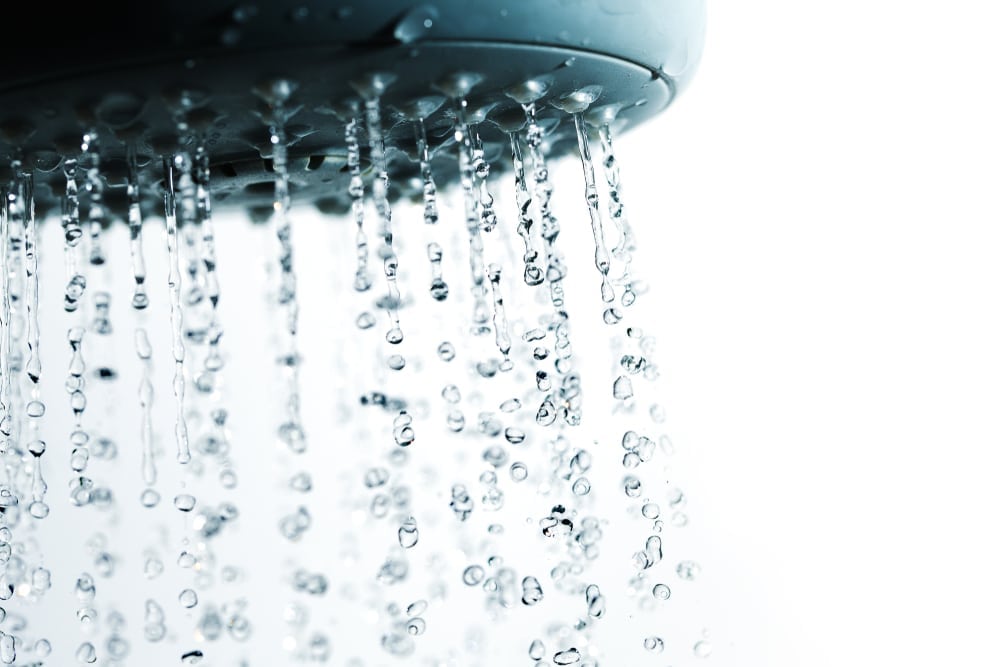Growing your own fruits and vegetables is so rewarding – but there’s an art to watering wisely
Water Saving Tips for the Ethical Consumer
Sydneysiders love growing edible plants in their backyards or on their balconies. To make the most out of your home-grown produce and do good for the environment by conserving water, you should employ smart watering habits with any of the following techniques.
- If you’re hand watering your crops, check the soil moisture to see if you actually need to water them. Don’t use thick or heavy mulch – the water won’t reach the roots if you do. Create a bowl or trench near the base
- If you install a dripper/weeping hose below mulch and above ground, this will deliver water directly to where you want it. It can easily be moved out of the way if you want to do some maintenance or dig the bed over.
- Installing a drip watering system below the surface of the soil is highly efficient for sustainable watering as evaporation is minimal and the water is being delivered directly to the root zone. However, it is difficult to tell exactly how much water your plants are getting, and if your crops are in the garden they are at high risk of being damaged by a spade or other digging tool.
You may also want to consider the following:
- Plant with good quality soil and compost, as you will not need to water them as frequently. Compost also provides excellent drainage.
- Use hay mulch, which will reduce evaporation and detracts weeds from stealing water. You can also use straw mulch, which breaks down quickly to feed your plants, but it requires more frequent topping up – approximately every three months.
- Avoid overwatering your crops by doing the finger test – stick your finger into the soil and if soil sticks to your finger, the soil is damp enough and does not require watering. Use less-than-ideal weather conditions to your advantage and let the rain water for you. If you’re new to growing edible plants, make sure you do your research – some plants thrive off little water, while others may need a constant stream of H2O.
Do you have exciting water saving tips to add to our collection? Let us know in the comment section below or join in on the conversation on our Facebook page.








